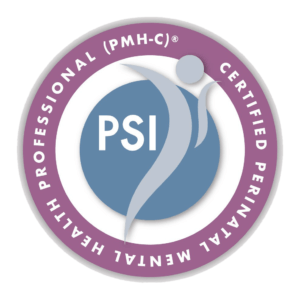Stress Management
Understanding Stress
Stress is a natural and automatic response that occurs when your body perceives a threat or challenge. It Is your body’s way of preparing to face a difficult situation or to protect itself in a potentially dangerous scenario. When you encounter stress, your body goes into a state of heightened alertness, often referred to as the “fight-or-flight” response. Stress management is an effective way to reduce undue stress and help patients live a healthier, more balanced life.
During stress, several physiological changes take place:
- Release of Stress Hormones: Your body releases hormones like cortisol and adrenaline, which increase your heart rate, sharpen your senses, and prepare your muscles for action.
- Increased Heart Rate: Your heart beats faster to pump more blood to your muscles and vital organs, providing extra energy.
- Heightened Alertness: Your senses become more acute, allowing you to better assess and respond to the perceived threat.
- Muscle Tension: Muscles tense up to prepare for quick action, which can lead to physical discomfort or tension.
Stress can be triggered by various situations, both positive (eustress, like starting a new job) and negative (distress, like dealing with a loss or conflict). While acute stress can be beneficial in certain situations, chronic stress, which persists over an extended period, can have detrimental effects on physical and mental health. It can lead to various symptoms, including anxiety, depression, sleep disturbances, and physical health problems.
Understanding stress and learning effective management techniques can help you navigate life’s challenges with greater resilience and well-being. My Buoyant Health provides support and resources to help you manage stress effectively and find a more balanced approach to life’s demands.
Signs and Symptoms of Stress
Stress can manifest in a variety of ways, affecting both your mind and body. Recognizing the signs and symptoms of stress is the first step toward effective stress management. Here are common signs and symptoms to look out for:
- Appetite changes
- Breathing difficulties
- Chest pain
- Digestive issues
- Excessive worry
- Fatigue
- Frequent illnesses
- Headaches
- Hair Loss
- Memory problems
- Mood swings
- Muscle tension
- Procrastination
- Rapid heartbeat
- Skin problems
- Sleep disturbances
- Social withdrawal
Benefits of Stress Management
Stress management offers a multitude of benefits that can significantly enhance your overall well-being. By adopting effective stress-reduction techniques, you can experience improved mental health, including reduced symptoms of anxiety and depression. Building resilience equips you with the tools to better cope with life’s challenges, enhancing emotional stability and self-confidence.
In the realm of productivity and decision-making, effectively managing stress can sharpen your focus, boost efficiency, and facilitate clearer thinking. Better sleep quality, which often results from stress management, can increase energy levels and overall vitality.
Embracing stress management practices ultimately leads to a higher quality of life, a sense of control, and the potential for a longer, healthier life. By prioritizing stress management, you invest in your well-being and pave the way for a more balanced and fulfilling life.
Stress Management in Phoenix, AZ
For effective stress management support and guidance, do not hesitate to contact My Buoyant Health. If you are an established patient and wish to contact us directly, you can do so via your patient portal, or you may message us through the Healow app. You can also conveniently request an appointment online or contact us at (602) 510-6582. We are here to assist you in your journey toward a stress-resilient life.





